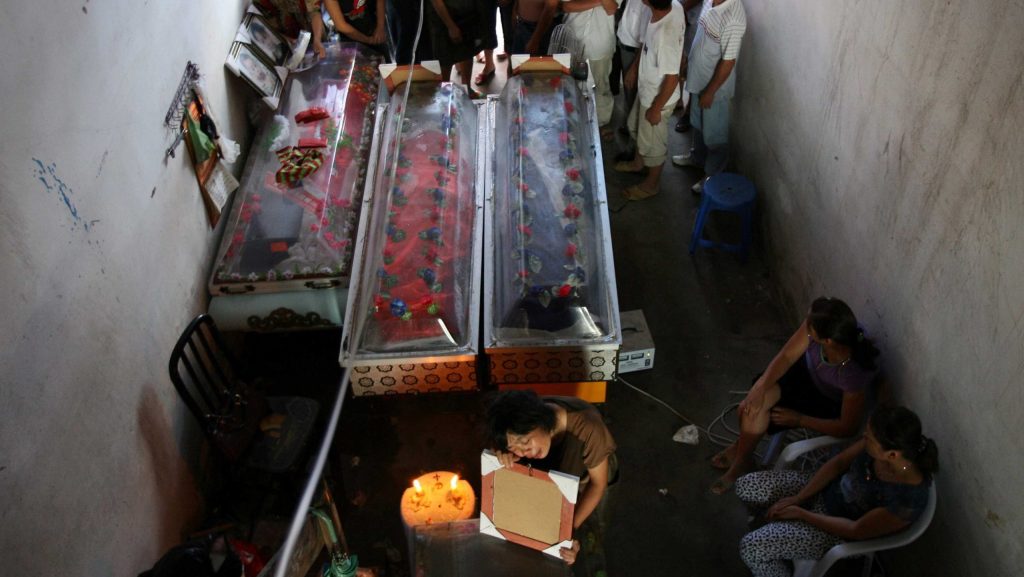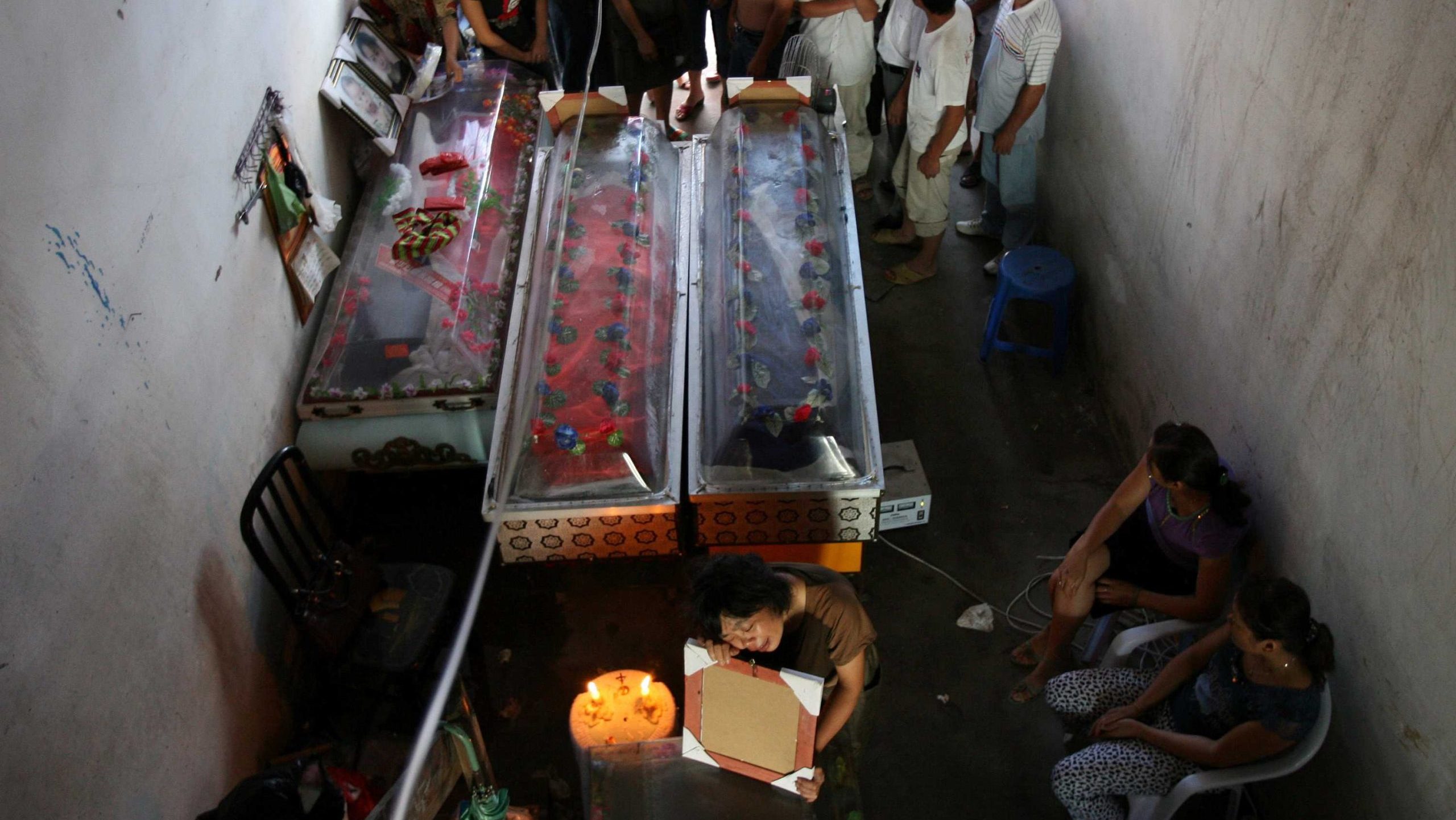Uniting Lovers Beyond Death: The Unique Tradition of Ghost Marriage

KOTA KINABALU: In a poignant and culturally rich ceremony, a posthumous marriage, known as a “ghost marriage,” was recently held in Teluk Intan, Perak, to unite a couple who tragically lost their lives in a car accident. This rare and emotional event marks the first such ceremony in recent years in the town, reflecting the enduring traditions of Chinese customs.
The Tragic Love Story
Yang Jingsheng, the brother of the deceased groom, shared with Sin Chew Daily the heartfelt details of his brother’s unfulfilled dreams. The couple had planned to propose and celebrate the groom’s birthday in Thailand, a joyful event that fatefully was never realized.
The Ceremony: Honoring a Lasting Bond
Han Cuiweng, the owner of SY Funeral and Ceremonial Services, played a pivotal role in organizing the ghost marriage. She explained the significance of the ceremony in honoring the couple’s love and fulfilling their unfulfilled wishes.
“I suggested to the parents to hold a posthumous marriage so that the couple could be united in name,” Han told Sin Chew Daily. “After they reached an agreement, we helped arrange for Wang Seng Kong daoshi Chen Minggui to perform the ritual according to Chinese customs.”
The Ritual: Ancient Traditions in Modern Times
The ghost marriage ceremony, steeped in tradition, involved several symbolic acts. Distributing chocolates during the ceremony, for example, symbolized blessings to relatives and friends. This ancient ritual, deeply rooted in Chinese history, continues to be practiced, albeit infrequently.
A Tradition with Deep Roots
Posthumous marriage, or ghost marriage, has been a part of Chinese history for thousands of years. The ceremony is a testament to the cultural heritage that persists in the community, even as modernity advances.
The Challenges: A Tradition Under Scrutiny
Despite its rich cultural significance, ghost marriage is not without controversy. The South China Morning Post (SCMP) reported that this 3,000-year-old ritual is still practiced in remote areas, especially in northern China, even though it has been banned by the Chinese government. The authorities have been making efforts to clamp down on such practices, with stringent laws in place. “Anyone who steals, rapes, or destroys a corpse can receive a prison term of up to three years,” SCMP reported.
Conclusion: Love Beyond Life
The ghost marriage held in Teluk Intan serves as a poignant reminder of the enduring nature of love and tradition. While modern society may view such customs with a mix of fascination and skepticism, for the families involved, it is a means to honor their loved ones and grant them a semblance of the life they were meant to share. As ancient practices navigate the complex landscape of contemporary values, the story of this ghost marriage in Teluk Intan is a testament to the deep-seated cultural heritage that continues to shape lives and communities.


